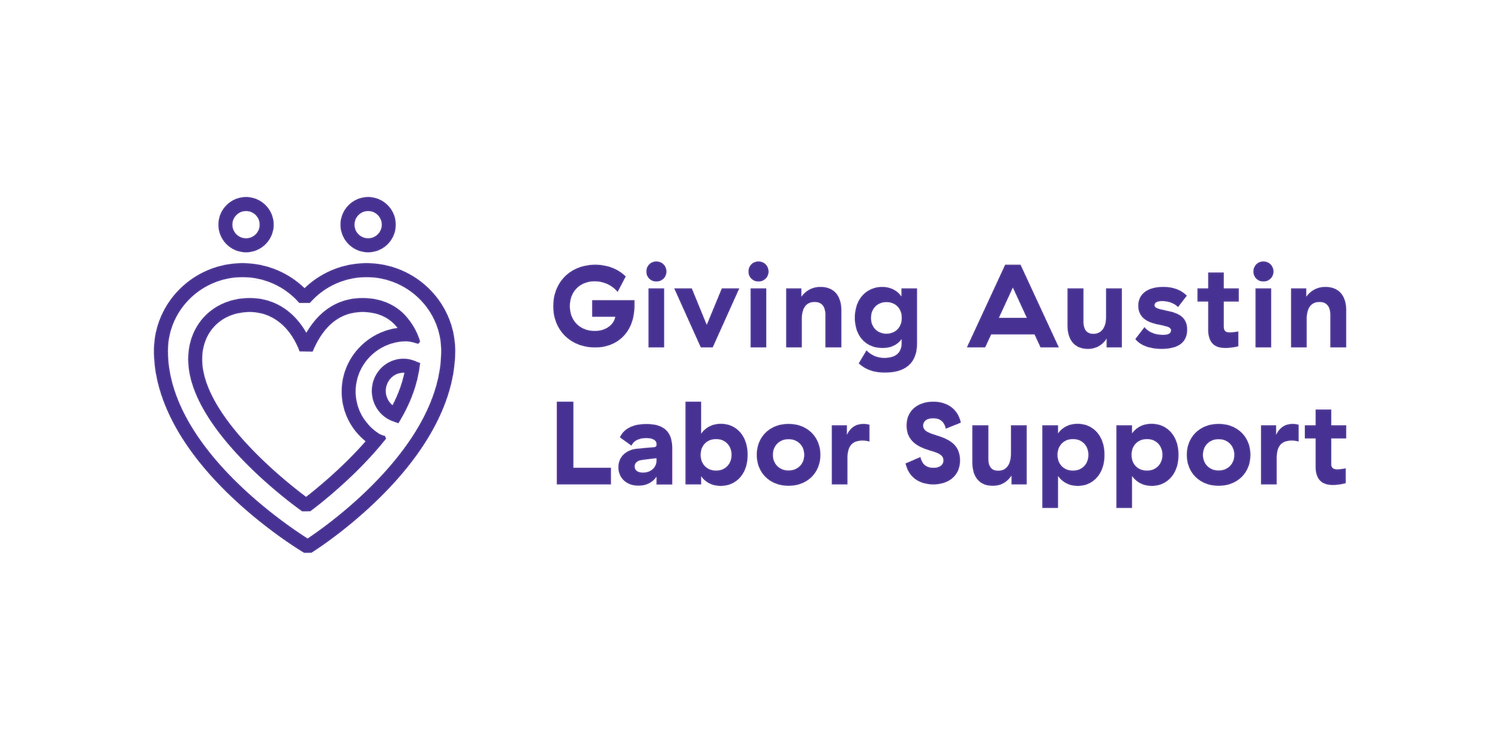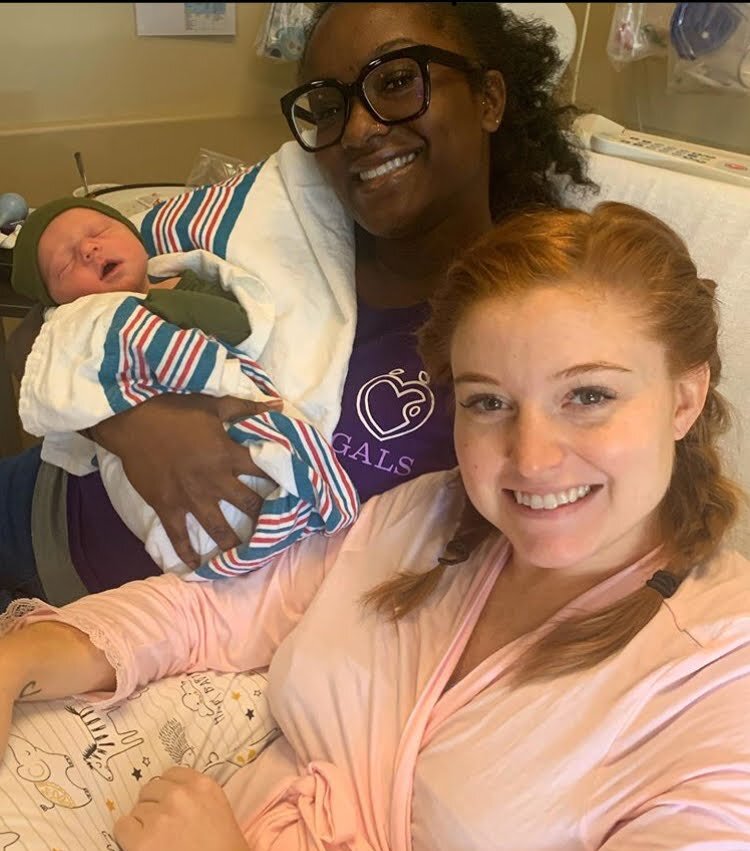What is a doula?
Doula refers to a trained and experienced professional who provides continuous physical, emotional and informational support before, during and just after birth. At GALS we use the terms, “doula,” “birth worker,” and “birth companion” interchangeably.
Numerous clinical studies have found that a doula’s presence at birth tends to result in shorter labors with fewer complications. A doula also can reduce negative feelings about one’s childbirth experience, reduce labor interventions, and reduce the birthing person’s request for pain medication and/or epidurals.
Doula support also has benefits for the emotional wellbeing of the parents. Many report that their doula helped them feel more secure and cared for during the birth. They report more success in adapting to new family dynamics, have greater success with breastfeeding, greater self-confidence, less postpartum depression and a lower incidence of abuse.
Women are Dying in Childbirth: Doulas are Part of the Solution
by Alexis Robles at HealthLaw.org
Women are dying from pregnancy related complications in the U.S. at a higher rate than any other developed country. In this disturbing trend, Black women are especially at risk, dying at 3 to 4 times the rate of their non-Latinx white counterparts. Income and education levels are not protective. Black women at every income and education level still die or nearly die at higher rates than non-Latinx whites. What is causing this racial disparity in maternal mortality and morbidity? The causes are rooted in systemic racism and social inequities. While this requires an entire health care system overhaul, there are steps we can take now to lessen the impact.
Community-based doulas mitigate pregnancy complications, postpartum depression and encourage breastfeeding
Doulas, especially community-based doulas can help mitigate the problem. Doulas support childbearing people in pregnancy, birth, and postpartum to reduce rates of cesarean deliveries, premature births, the likelihood of postpartum depression; avoid unnecessary medical procedures such as episiotomies; increase breastfeeding initiation and duration; and increase overall levels of satisfaction in childbirth.
Doulas facilitate communication between providers and patients, before, during and after birth
Doulas function as advocates and key supporters while also facilitating communication between providers and patients. Ideally, the same doula works with the person throughout the entirety of their pregnancy and can step in if, during the stress of birthing, the patient’s voice is not being heard by providers. Furthermore, doulas provide continuous support after birth, ensuring that complications can be caught swiftly and that postpartum medical appointments are followed. Community-based doulas understand the overt and covert racism that people of color face and can provide culturally competent and language appropriate care to the communities they serve.
Additionally, doulas can act as an important advocate for the pregnant person when they witness racism. Yet, low-income families are priced out of much modern doula care, which too often is seen as a luxury. To protect both communities of color and to support doulas, a new system is needed.
Support doulas and low-income communities by covering doula services in Medicaid
We can support doulas and low-income communities by covering doula services in Medicaid. This ensures that all pregnant people who want this support are able to access it and that doulas are able to do this job full time and at a living wage. Four states – Minnesota, Oregon, New Jersey, and Indiana – have already enacted legislation to cover doula services through Medicaid, and several more have or are seeking to introduce these bills. It is vital that we consider the best interests of those most affected and the doulas working with them.
National Health Law Program, is working with doulas, and advocates to promote comprehensive and equitable Medicaid coverage of doula care
Here at the National Health Law Program, we are working with doulas and advocates around the country to promote comprehensive and equitable Medicaid coverage of doula care. For more information on our work, please see our Doula Medicaid Project page, which includes trackers for state and federal bills relating to Medicaid coverage for doula care, as well as publications and resources on the topic from both NHeLP and others. The National Health Law Program is also monitoring state legislation that proposes increasing access to doula care services.

